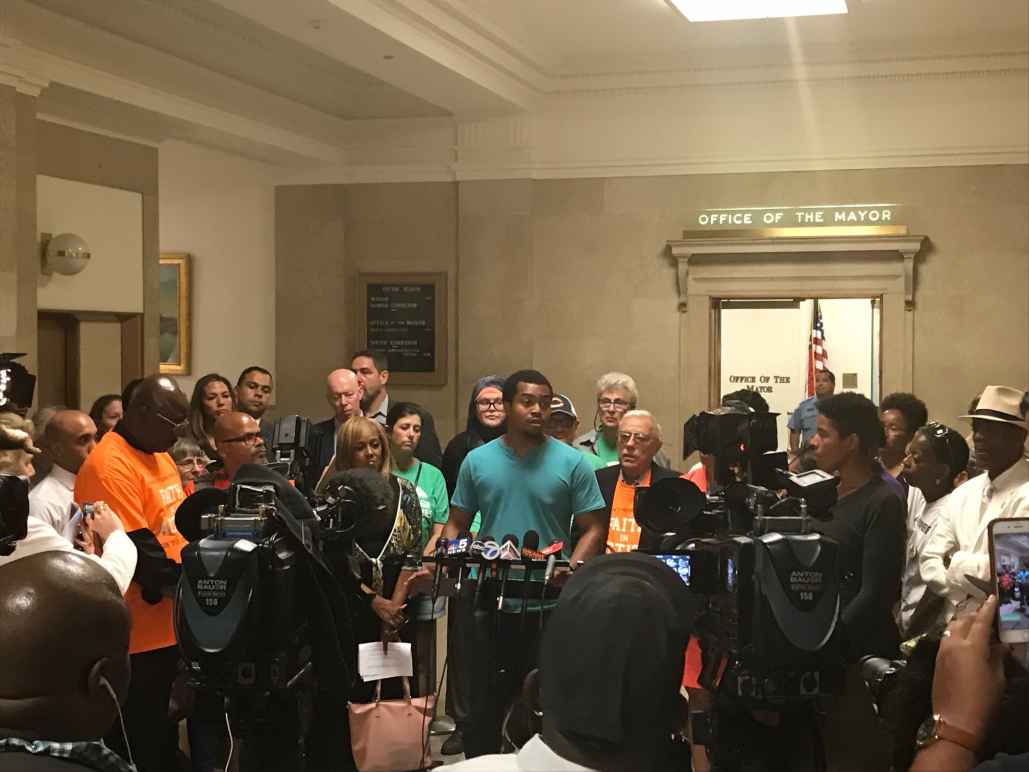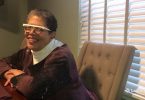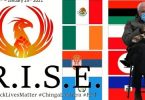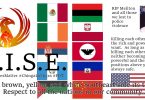Groups demand revisions needed to strengthen the proposed federal court oversight plan, invite public to voice their concerns during public comment period ending August 17
The draft consent decree recently released by the City of Chicago and the Illinois Attorney General’s Office has the potential to transform the Chicago Police Department (CPD) but falls far short because it lacks critical provisions developed by Chicago’s communities that have been most impacted by police violence and corruption. A number of additional measures must be added before the draft consent decree is filed with a federal court. The final language of this agreement is critical because it will be the blueprint for long overdue community-driven federal court oversight of the Chicago Police Department.
Today, a Coalition of community groups, formed of two sets of plaintiff groups in lawsuits against the CPD, released their public comments focused on systemic policy reforms of CPD and the City’s 911 operations to prevent excessive force against Black and Latino Chicagoans and people with disabilities. In addition to its own members, the ACLU represents Communities United, Community Renewal Society, ONE Northside, and Next Steps. Represented in the Campbell suit are Black Lives Matter Chicago, Chicago Urban League, Blocks Together, Brighton Park Neighborhood Council, Justice for Families—Black Lives Matter Chicago, Network 49, Women’s All Points Bulletin, 411 Movement for Pierre Loury, and the West Side Branch and Illinois State Conference of the NAACP.
The Communities United v. City of Chicago plaintiffs are represented by the ACLU of Illinois, Equip for Equality, and the firm Munger, Tolles & Olson LLP; and the Campbell v. City of Chicago plaintiffs are represented by a coalition of legal firms led by the MacArthur Justice Center and the University of Chicago’s Mandel Legal Aid Clinic. Earlier this year, this Coalition reached an agreement with the City and Attorney General that requires the City and State to consider the Coalition’s consent decree terms and empowers the Coalition with the authority to enforce the decree in federal court.
“A year and a half after the DOJ report and almost a year after Mayor Emanuel himself held a press conference promising to enter into a comprehensive consent decree, we have finally seen a draft aimed at addressing the long-term deficiencies of the Chicago Police Department,” said Kathy Hunt Muse, an attorney with the ACLU and counsel for the Communities United plaintiffs. “But this draft needs work. For too many critical issues, the City is saying ‘trust me’ on reform, rather than giving an independent monitor sufficient oversight and allowing the public access to information. In order to build trust in the CPD, the City needs to incorporate more of the community and civil rights groups’ input. We urge the public to submit comments this week to demand these revisions be made.”
“The need for a consent decree was precipitated by the overdue realization that the CPD cannot reform itself,” said Sheila Bedi of the MacArthur Justice Center, co-lead counsel for the Campbell plaintiffs. “Yet, the proposed decree relies too heavily on entrusting the CPD to do just that – without input from either policing experts or those most impacted by police policy and practice. If the City is serious about transforming its police department, it has to be accountable to its communities. Without taking seriously the input from those most impacted, we run the risk of history repeating itself.”
Today the Coalition released its feedback on the proposed consent decree. The Communities United v. City of Chicago groups identify twelve specific areas of concern in a document entitled “A Commitment to Real Reform.” The full document can be read here. The Campbell v. City of Chicago groups identify ten demands that must be reflected in the final consent decree. That document can be read here.
Both groups emphasize guaranteeing the enforceability and transparency of reform, diverting people—including people with disabilities away from the criminal justice system and ensuring that whenever possible, police eliminate the need for force, including in schools.
“The consent decree will mean nothing but an effort to demobilize mass outrage if our demands are not materialized,” said Aisllinn Pulley, founder of Black Lives Matter Chicago, a Campbell plaintiff. “CPD has and continues to brutalize, terrorize and kill. The FOP’s obsession with refusing to record how many times they pull a gun on people, a standard requirement in all other municipalities, is a diversionary tactic away from the most substantive and radical changes in our draft, which are completely absent from the City and AG’s version. The People’s Consent Decree is but a modicum of what is needed to reign in a police force whose tactics of torture have given Chicago the label of “false confession capital of the country.”
Additionally, the Communities United plaintiffs’ demands include several reforms needed to ensure safe police interactions for people with disabilities. “The final consent decree must address the dangerous and frightening interactions between Chicago Police and people with disabilities, who represent at least a quarter of the victims of police violence. To achieve true reform, the final draft must address use of force procedures and training specifically through the lens of disability; it must reflect the experience and voices of people with disabilities who all too often are subjected to excessive force,” said Roxanne Smith of Communities United.
The Campbell community coalition also emphasized the rights of survivors of police violence and their families and specified protections for women and girls against gendered police violence and sexual abuse.
“The families of people murdered by the CPD demanded that the decree include basic measures requiring that CPD treat victims of police violence and their families with respect and provide us with accurate information about our loved ones conditions and whereabouts after they are harmed by the CPD,” said Arewa Winter of Justice for Families. “Police community relationships won’t improve—and all of the community-policing efforts will be for nothing—if the decree omits these basic requirements.”
“The current political will for police oversight resulted from public outrage in the wake of Chicago Police Officers shooting and killing unarmed and innocent women and men including most famously Rekia Boyd, Bettie Jones, and Laquan McDonald. Additionally and invisibly, Chicago Police have a hidden extensive history of using sexual violence to control and exploit women, especially those of color, in the city. The proposed decree fails to address women’s issues,” said Crista Noel of Women’s All Points Bulletin.
“We and our partner community groups are ready to work with the City and the current and future Attorney General to design and implement these specific reforms,” said Rev. Saeed Richardson, Director of Policy, Community Renewal Society. “But that will require the City to willingly and genuinely engage with community groups focused on reform even after the lights of a press conference have been turned off.”
The public still has until August 17, 2018 to contact the Illinois Attorney General’s Office with their comments at policereform@atg.state.il.us or call 833.243.1498.
Counsel for the Campbell Plaintiffs also include Craig Futterman of the Mandel Legal Aid Clinic at the University of Chicago Law School Randolph Stone, Clinical Professor of Law at the University of Chicago Law School, Alexa Van Brunt and Vanessa del Valle of the MacArthur Justice Center at Northwestern Pritzker School of Law, Brendan Shiller of Shiller Preyar LLC, Jeanette S. Samuels, Samuels & Associates, Ltd., Cannon Lambert, Sr., Karchmar & Lambert, P.C Andrew Stroth of Action Injury, as well as the law firm Cleary Gottlieb Steen & Hamilton of New York.







